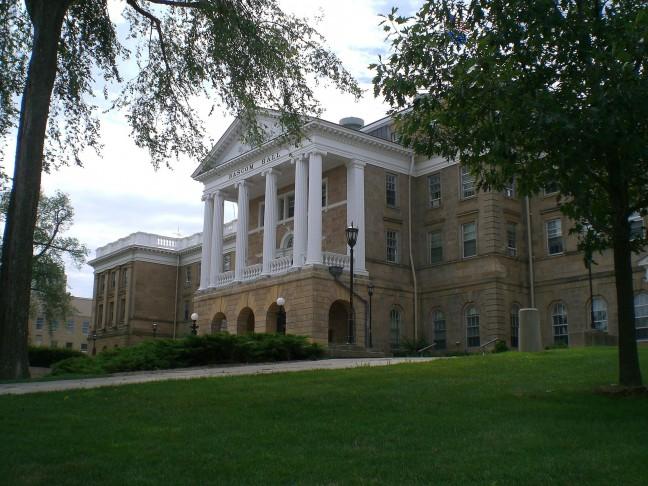Hoping to improve national and local understanding of sexual assault, the University of Wisconsin will be one of 28 universities that will participate in one of the largest surveys ever conducted on the issue.
The Association of American Universities survey will be offered to over 800,000 undergraduate, graduate and professional students between the participating universities, beginning tentatively on April 13.
The AAU and institutions involved have contracted with a national research company to administer and analyze the results. Westat, the contracted research firm, will provide each university its unique data, but AAU will publicize aggregate results, Barry Toiv, AAU’s vice president for public affairs, said.
“We think that the aggregate results we release will be very useful to policy makers, at the federal level particularly, as they look at potential legislation and potential administrative action,” Toiv said.
Westat is accompanied by a team of experts from universities to develop the survey, which is based on a model produced by the White House Task Force to Protect Students from Sexual Assault.
It focuses on the frequency and characteristics of campus sexual assault and sexual harassment, allowing for the assessment of campus climate across institutions in a way that protects the confidentiality of respondents, the AAU said in a statement last week.
Each institution will use the same survey, with the exception of five questions that will focus on programs unique to the respondents’ university. This allows the results to be comparable across universities while assessing students’ awareness of campus reporting channels, resources and existing support services.
“One of the reasons [for] working with another group of universities is we can not only know what things look like for our campus but also how it looks relative to our peers,” UW Provost Sarah Mangelsdorf said. “That’s the reason the AAU suggested that we work together as opposed to each university developing its own survey.”
Westat will also try to provide schools with data findings and files that can contribute to future research, Jeanette Kowalik, director of Prevention Services and Campus Health Initiatives at University Health Services, said.
Toiv said outside of these recommendations, it is up to the university to determine the most effective way to use its data as a tool.
In an effort to be inclusive, Mangelsdorf said she will form a Sexual Assault Climate Survey Task Force unique to UW, she said.
The task force will boast a broad representation of faculty, staff and students with interest in the area to disseminate results and make recommendations on the best way to apply the information to our campus, UW Dean of Students Lori Berquam said. The task force could simply be temporary, but UW has not ruled out the idea of a permanent standing committee, she added.
“Initially, it’s going to be a task force, then we’ll determine after that point what needs to happen — if it does need to be a committee through faculty governance, or how it needs to then be formulated from there on out,” Berquam said.
A previous version of this article mistakenly used “task force” instead of “Westat.” Changes have since been made.


